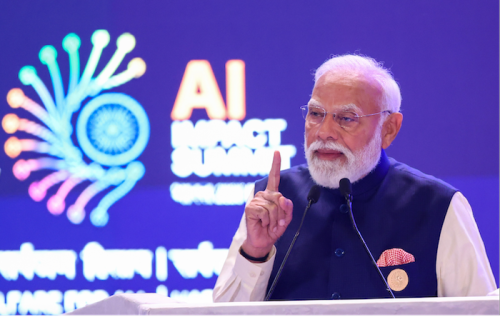Teachers are one of the professions least at risk of being automated. A job that requires emotional intelligence and flexibility — in adapting lesson plans on-the-fly to a particular group of children, for example — is not one particularly well-suited to robots. Artificial intelligence, however, still deserves a role in the classroom. This is not as a replacement for teachers, but as a tool or an assistant that can aid them both in trying to close the gap in achievement between the rich and the poor and in making up for lost teaching time during the pandemic.
In the UK, school closures to stop the spread of coronavirus have helped to accelerate the adoption of AI-based learning platforms as teachers sought new online methods to keep students engaged and to track their progress. These new approaches, where they have been seen to work during the pandemic, will continue when pupils return to something that looks more like a normal education.
The right approach to such technologies is to see them not as substitutes for human labour, but as a way of improving its quality and productivity. Machine learning may be more sophisticated than a shovel but the principle is the same: tools enhance humans’ existing capabilities. The best AI applications promise to improve and accelerate teachers’ knowledge of what their students need, how best to deliver that teaching, and which students require the most help — from a human teacher — to keep up with their learning. This is not unique to education. In the medical field, for example, AI promises to improve diagnostics, saving doctors’ time that is better spent on treatment and engagement with patients. The same potential should be sought across the economy. Eliminating tasks rather than jobs can make human roles both more productive and more rewarding.
That will take smart policy support. Those drawing up public sector budgets should resist the temptation to use AI as a quick fix to cut staff and economize on the wage bill. Increased productivity should be targeted in the form of higher quality output, not lower costs by replacing expensive workers with cheaper machines. In this respect, there is something special about education. The economic returns of learning in early life — for pupils themselves and for society as a whole — are now known to be enormous, and greater the earlier in life one starts. Poor and uneven schooling, leaving too many children behind, is one of the deepest roots of inequality and low productivity. If AI can help target existing teaching resources better, the benefits could be incalculable.
The original article was published at the Financial Times.
The Boston Global Forum (BGF), in collaboration with the United Nations Centennial Initiative, released a major work entitled Remaking the World – Toward an Age of Global Enlightenment. More than twenty distinguished leaders, scholars, analysts, and thinkers put forth unprecedented approaches to the challenges before us. These include President of the European Commission Ursula von der Leyen, Governor Michael Dukakis, Father of Internet Vint Cerf, Former Secretary of Defense Ash Carter, Harvard University Professors Joseph Nye and Thomas Patterson, MIT Professors Nazli Choucri and Alex ‘Sandy’ Pentland, and European Parliament Member Eva Kaili. The BGF introduced core concepts shaping pathbreaking international initiatives, notably, the Social Contract for the AI Age, an AI International Accord, the Global Alliance for Digital Governance, the AI World Society (AIWS) Ecosystem, and AIWS City.










